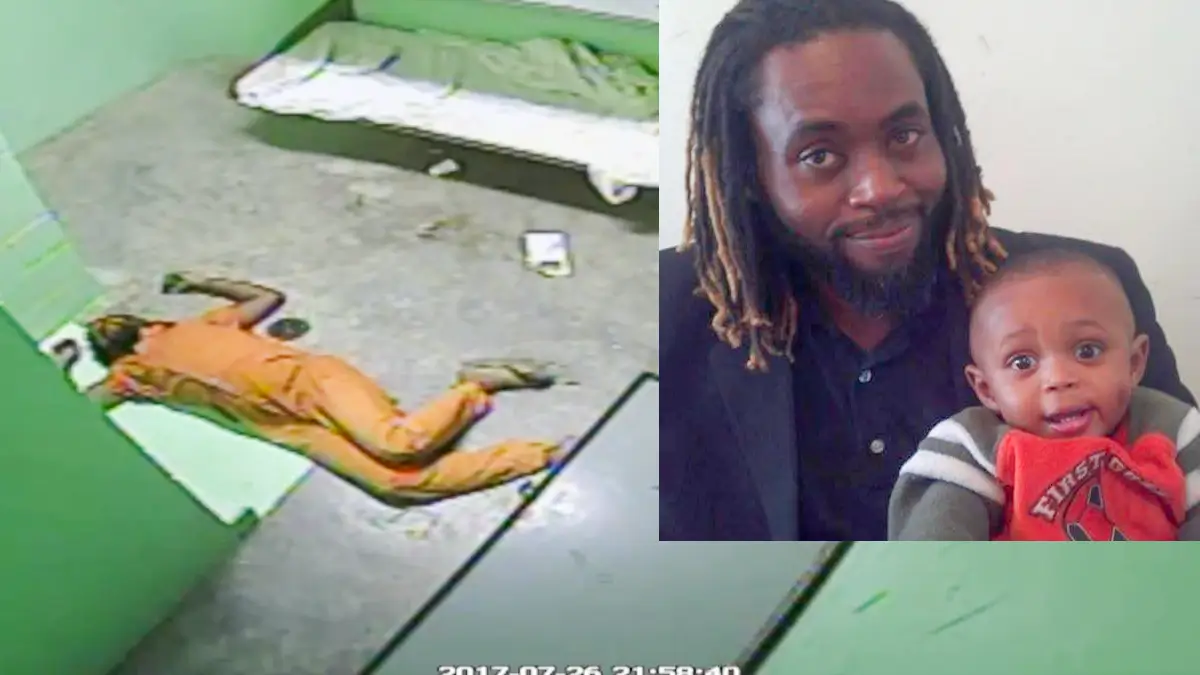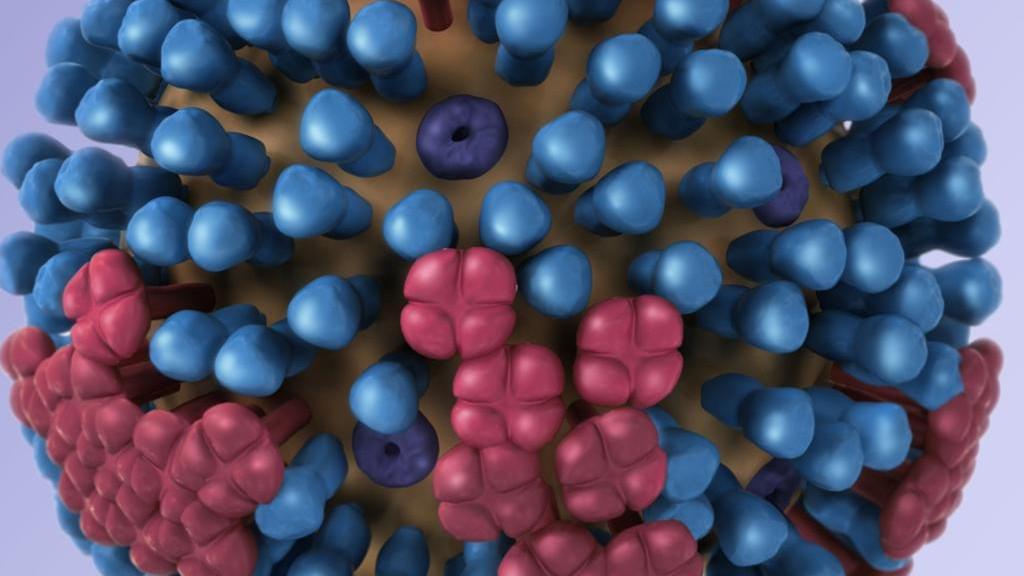Copyright Hartford Courant

When heart transplant surgeon Dr. Dina Al Rameni saw the “perfect heart” she would transplant into her patient, she knew “everything was going to be great.” Great was what her patient, Eugene Charles Brooks, 55, needed, as his heart was failing and he was very ill at Hartford Hospital after years of heart disease and many heart attacks. “Charles’ motto is ‘let’s go,’” Al Rameni said, referring to her patient as he is known. “I was very thrilled, he was very thrilled. He went to sleep; my face was the last thing he saw.” The surgery Al Rameni performed took place early this year at Hartford Hospital. Al Rameni said Brooks was so ill and in such pain, she wondered, “how did he live all these years” with it. Then the other heart arrived. “It looked amazing… it started beating on its own,” Al Rameni said. Getting to that point was not easy. Brooks, who now lives in Plainville, was born and raised in Staten Island, New York. He is a personal trainer who has always been in top physical shape. But he also was diagnosed at age 37 with cardiomyopathy, a serious kind of heart disease that makes the heart muscle weak and have to work harder to pump blood. Brooks at that time had two stents inserted through angioplasty and was seeing a cardiologist at UConn Health Center, who even at that time told him he should be on a transplant list, Brooks said. “He said, ‘dude you are going to need this,” Brooks said, of his cardiologist Dr. Christopher Pickett. But Brooks, even now post transplant, is willing to share exactly what kept him from getting on that list at that time. “It was sharp pill for me to swallow, I wasn’t mentally prepared,” he said. “Somebody is going to cut open my chest and open me up, I couldn’t conceptually put it together.” This feeling is “very common in people facing transplants, a lot of recipients, it takes them time to come to peace” with it, Al Rameni said. Yet Brooks wasn’t getting better and in fact had a series of heart attacks that caused further damage. On a visit to see his partner, David, in New York City last year, Brooks said “things really took a turn” and he was struggling to breathe. At the emergency room, he learned “they found major fluid pushing against by lungs.” “He had congestive heart failure,” Al Rameni said. “The heart is not going to get better.” Brooks said a subcutaneous defibrillator was implanted, with an electrode that went across his chest. Al Rameni said this was a device to shock Brooks’ heart if it went into an abnormal rhythm. It is an “electrical shock,” she said. Brooks said it is so painful to feel that shock that it is like having a head made of glass and then “it shatters.” “It is necessary to keep to you alive,” Al Rameni reminded him, pointing out that its positioning also was done so as not to interfere with his muscles. After Brooks returned to Connecticut, he wanted to get back to work, and did, but was struggling, he said. He was not able to get a good night’s sleep, he said, he was sleeping 15 minutes at a time and he ended up in the emergency room twice. He was given a diuretic to remove fluid from bis body. Then, on Dec. 23, 2024, he went in to work, knowing he also had an appointment scheduled with Dr. Pickett for that day. He dropped a 45-pound plate and stopped breathing. After calling for help he was able to get to Pickett’s office. “They saw me, and knew something was wrong. They said “Charles, it’s time,’” Brooks said, describing the looks of Pickett’s team that day. Pickett said, ‘Buddy, it’s time,’” Brooks said. “They got me a bed.” Al Rameni said that when Brooks came to Hartford Hospital, “he was in evaluation for a heart transplant, he was very, very sick.” “When we saw how sick he was, we expedited it, we managed to get everything done in four to five days,” she said, referring to the process of seeking a new heart. That process is in part complicated because they have to determine whether he was a good fit for the surgery, and “he was so sick these clots were a ticking time clock for stroke,” Al Rameni said. “We were in a tough spot,” she said, adding that there is the concern that clots can dislodge and move in the body. “It was just that he was really sick.” “I have a duty to find a perfect match for him,” Al Rameni said, noting that means right size, blood type, gender, antibodies and more. ”There is so much science that goes into the matching and the recipient.” It also is challenging to find donors. “Hearts are in such shortage, it is hard to find a perfect heart,” she said. Then she got word of a donor. It was a young male with a perfect heart (as donor), she said. “The tests were perfect.” The doctor and patient, interviewed together, clearly have a powerful connection. “I still remember my goal for the New Year was to find you a heart,” she said to her patient. A team went to get the heart, she saw it and approved it, and it was brought to the hospital. The surgery was done overnight. “He was very emotional,” Al Rameni said. “He did amazing,” she said. “A few hours after the surgery the heart function was fantastic. He was sitting up in a chair ready to eat breakfast.” “It was a gift to me as much as it was for him, I am very very passionate about organ transplants,” Al Rameni said. Al Rameni said every transplant to “is so joyful” to her and she connected with Brooks on a deeper level. She has done about 30 heart transplants to date, she said. Hartford Hospital doctors have performed about 500 heart transplants in the last 35 years, according to the Hartford HealthCare. Further, “according to data from the latest SRTR review, the three-year survival rate for patients transplanted between 2013 and 2015 was 92.31%. Nationally, the three-year survival rate for the same time period was 84.63%.” Hartford Hospital also did the first successful heart transplant in Connecticut, according to the health care system. That “first heart transplant patient in 1984 is among the top five heart transplant survivors in the world – dying in 2017, 33 years after his transplant.” Because Brooks was in such great physical shape they were determined to figure out why he developed such severe heart disease. “He did everything right, he was very impressive in what he was able to accomplish with end stage heart failure,” Al Rameni said, referring to how Brooks took care of himself. The conclusion was that it was hereditary or genetic, as there were such heart issues on his mother’s side, Brooks said. Brooks said in the time leading up to the transplant, “I was more mentally in that head space — I prayed on it — talked to friends. There was more growth in my life, I said I need to take charge of it.” He said he still recalls all the pain he felt and as a transplant recipient, “the first thing I have to do I have to thank the staff at Hartford HealthCare. The level of care and service I received, all of them, they were there, they walked me though each step of the way.” “Some days feel fantastic, some days I struggle with, what did I do to deserve a second chance at life,” he said. He said Al Rameni assured him: “I found a perfect match.” Al Rameni said she decided at a young age to become a surgeon and to do transplants. She said she loves her patients and “I love organ transplants; this is a big as it gets, I am so excited to see them after surgery.” She said she has “endless support and a fantastic team” with whom she works. About Brooks and that perfect heart, she said, “I knew he was going to take care of that gift.”



